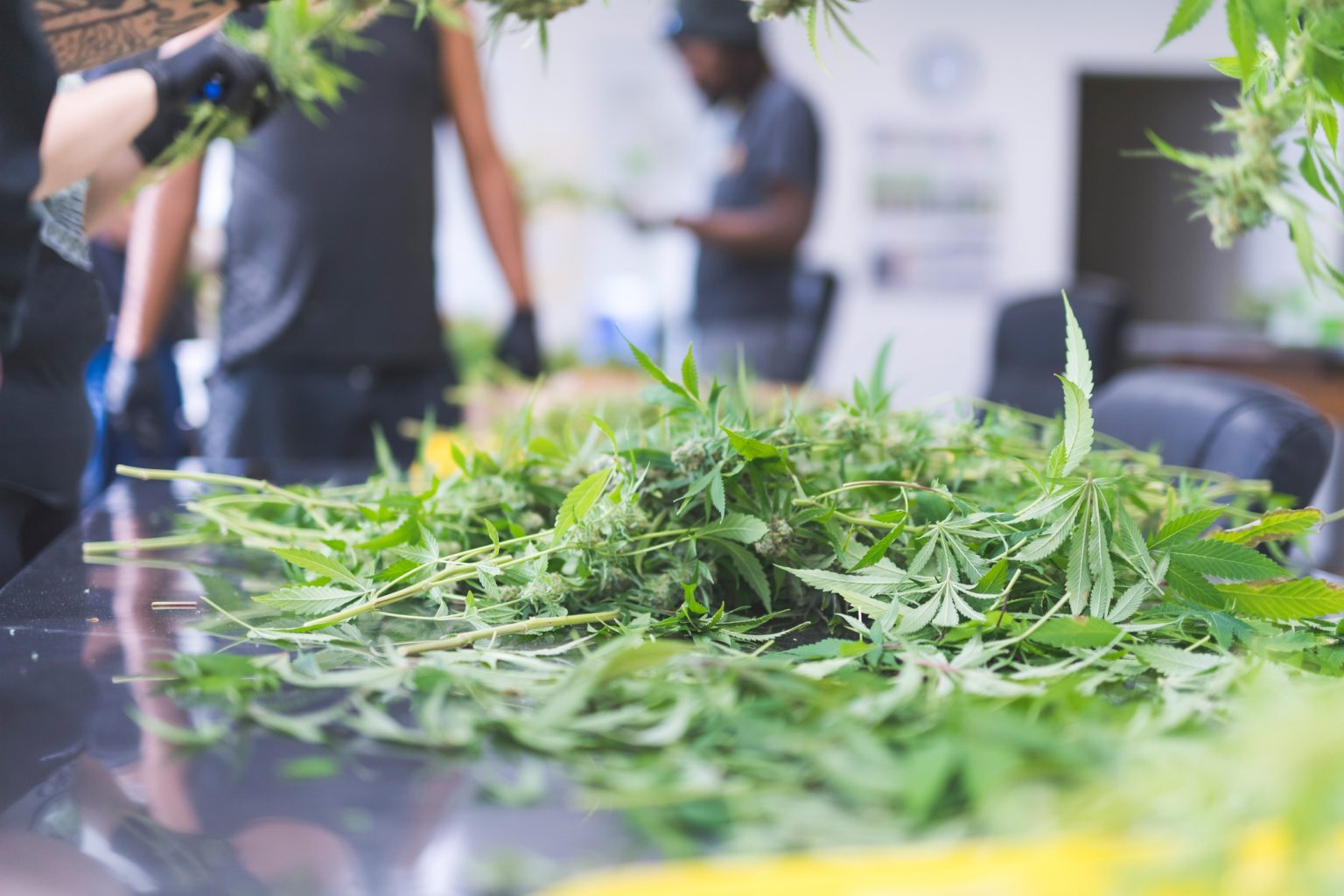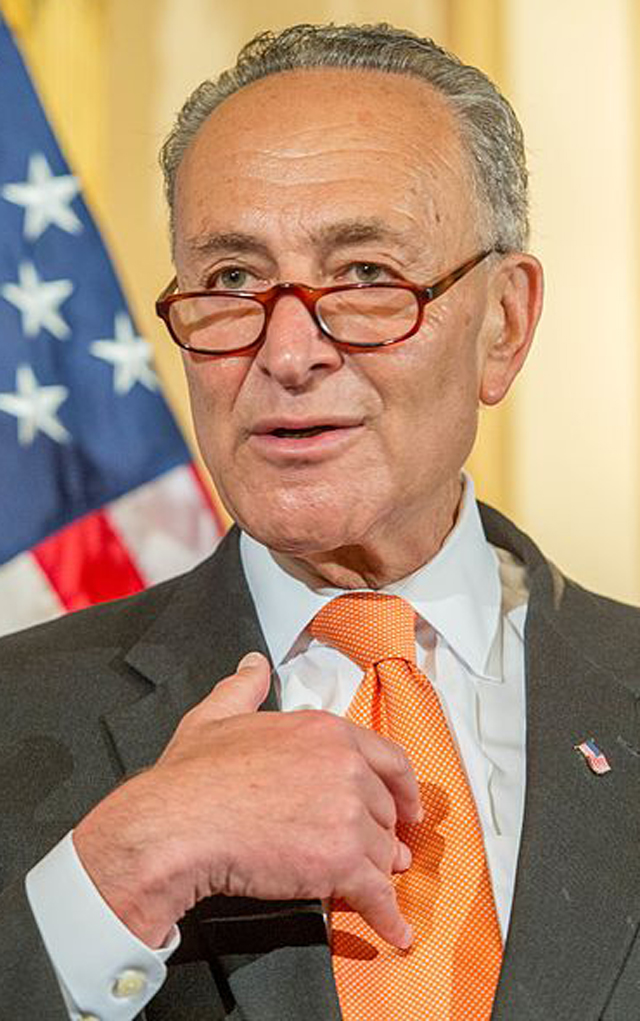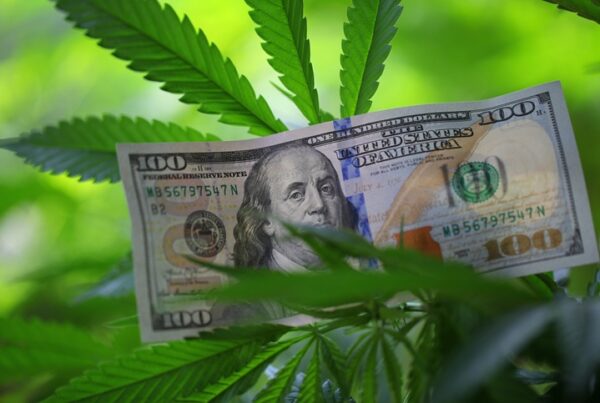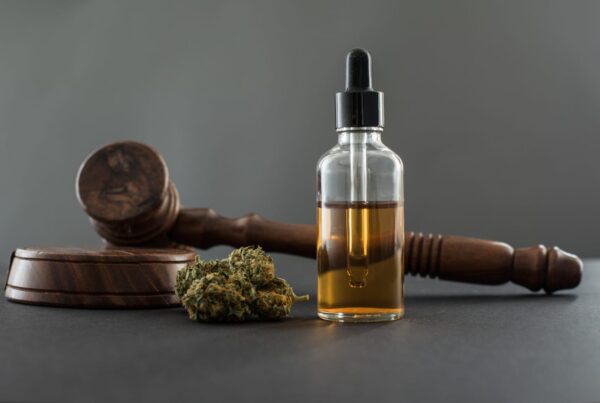July Cannabis News Update
As reopenings continue despite the coronavirus’s rising Delta variant, sports have seen a particularly large resurgence around the world—from the MLB All Star Game in Denver to the 2021 Summer Olympics in Tokyo, fans everywhere are getting back into the things they enjoyed before the pandemic shut everything down. Unfortunately for the latter most example, the ongoing prohibition against cannabis has reared its ugly head in the face of competition. Still, as cannabis continues to make headlines around the world for the wrong reasons, state governments and even the Senate have begun trying to move the needle toward legalization here in America—and things are only going to heat up moving forward.


Sports Anti-Doping Authority Pushes for Easing of Cannabis Bans
Speaking of cannabis and sporting events, a recent hearing hosted by a federal commission on international sports recently heard testimony from a two-time Olympic gold medalist and emeritus chair of the U.S. Anti-Doping Agency (USADA). Moses, who won his gold medals in the 1976 and 1984 Olympics in the 400-meter hurdles competition, said he and his colleagues were “heartbroken” over the barring of Sha’Carri Richardson from the 2021 Tokyo Olympics.
Moses said the USADA has long advocated for the “liberalization” of current prohibition measures against certain substances, though they’ve always respected international drug laws.
Earlier this summer Richardson was kicked off the U.S. Track and Field team after testing positive for cannabis use. This came after she learned in a TV interview that her mother had passed away. Having to deal with the grief, Richardson said she smoked some cannabis to relax and that it wasn’t for illicit use. Moses called Richardson’s plight “one of the most heartbreaking cases that we’ve had this year.”
“Although there was a handful of similar cases from the beginning of the year—and so it was not the first case of its kind—we’re heartbroken at USADA to have to adjudicate any of these cases because, in many cases, there’s lots of reasons for drug use,” Moses said while addressing Sen. Steve Cohen (D-Tenn.) and other members of the Commission on Security and Cooperation in Europe on July 28.
To his credit, Cohen said Richardson’s situation was “such a shame,” having just criticized her banning earlier in the day during a meeting of the House Judiciary Committee. In his comments to the committee, Cohen said that cannabis was “not a performance-enhancing drug unless you’re entered in the Coney Island hot dog eating contest on Fourth of July.”
““If she got rip-roaring drunk on margaritas, Red Bull or whatever else you drink out there these days—lagers—she’d have been fine because it wouldn’t have shown up in her system. She still would have been allowed to run,” Cohen said. “But for marijuana, it could have been 20 days ago and just a puff or two, she’s gone.”
Even though Congress blames the World Anti-Doping Agency for “making up the rules” that saw Richardson removed, multiple individuals privy to the discussions—including former WADA President Richard Pound, said in a recent interview it was really the U.S. Government that pushed so hard for cannabis to be added to the banned substance list.
Cohen later said that he recognized the importance of cannabis legalization reform, but that it was a hard task to get passed in Congress. Still, he aims to support legalization efforts.
Schumer Finally Unveils Cannabis Reform Bill, Taxes Shock Advocates
After months of speculation and soft launches, Senate Majority Leader Chuck Schumer (D-NY) gave an in-depth look into the draft of his cannabis reform bill on July 14. The measure’s introduction comes weeks after New York legalized adult-use cannabis.
Schumer’s bill, dubbed the Cannabis Administration and Opportunity Act, is at least somewhat based on the U.S. House of Representatives’ cannabis reform bill known as the Marijuana Opportunity Reinvestment and Expungement (MORE) Act. If passed into law, the Cannabis Administration and Opportunity Act would enact the following:
- Give states the ability to choose whether they want to legalize cannabis and how they want to do it.
- Remove Section 280E of the U.S. tax code by delisting cannabis as a controlled substance.
- Initially begin phasing in federal taxes on cannabis products, with figures starting at a 10% tax.
- Establish three grant programs aimed at helping people in low-income areas with a particular focus on areas negatively affected by the War on Drugs.
- Increase funding for cannabis research. Some key topics suggested were cannabis’s impact on the brain and mental health.
- End federal penalties for cannabis-related crimes and expunge all non-violent federal cannabis criminal logs.
While most of those things would be good for cannabis and the social equity side of things, some experts are worried about the progressively growing federal tax. According to the bill, the federal tax would start at 10% and end up at 25% per ounce of flower or per milligram of THC extracts over the following five years.
“I think something in the range of 10% to 15% (for a federal excise tax) would be fair,” said Nick Richards, a tax attorney and partner of Denver-based law firm Greenspoon Marder, who spoke with MJ Biz Daily shortly after the bill’s unveiling. “Man, 25% is a high rate. That doesn’t seem to be cheaper for the industry. And I think that rate leaves plenty of room for the black market, perhaps more headroom for the black market than even now under 280E.”
Still, this is just the draft version of the bill. Legislation undergoes many revisions before the final vote takes place, so changes could be possible. Though the U.S. Senate is controlled by the Democratic party, many experts believe Schumer’s bill will have a hard time getting passed at all. That’s because given the hostility between Republicans and Democrats, it’s likely that it would need 60 votes to pass and there are only 50 Democrats with Vice President Kamala Harris posing as the tie-breaker.


First Cannabis Delivery App Hits Apple Store
Technology has changed how many of us shop and thanks to recent changes in the iOS App Store’s policies, cannabis delivery services may only be a few taps away. On July 8, cannabis delivery service Eaze announced that customers can now purchase cannabis products directly through their iPhone app, calling it a “major milestone for the legal cannabis market and consumers.”
“The Eaze app allows customers to complete all aspects of delivery seamlessly: registration, ID verification, product selection, payment, and receipt to the doorstep,” the company said in their press release.
Previously, customers had to leave the app and order their products through a mobile web browser. Thanks to the recent changes on Apple’s end, that step has been removed entirely, providing for a more streamlined experience.
“Eaze has always been about using the latest developments in technology to make shopping for legal cannabis more accessible,” CEO Rogelio Choy said in the press release. “It’s hard to overstate how important this is to our company and the industry. It’s deeply gratifying to launch the Apple Store’s first fully-functional cannabis delivery app, making it even easier for our two million registered customers to legally consume.”
At the moment, there has been no movement to change Google’s policies from 2019 for the Android ecosystem, which prohibits users from purchasing cannabis products regardless of their legality where the user lives. That prohibition extends to CBD products that contain THC.
As the cannabis industry evolves and expands, from the halls of Congress to the global stage, it is important for cannabis businesses to grow with intention. That’s where a reliable accounting service like ACT Resources comes in. You need a partner that can help you navigate the unique obstacles facing cannabis entrepreneurs. So when considering your company’s finances, don’t wait — ACT today.




